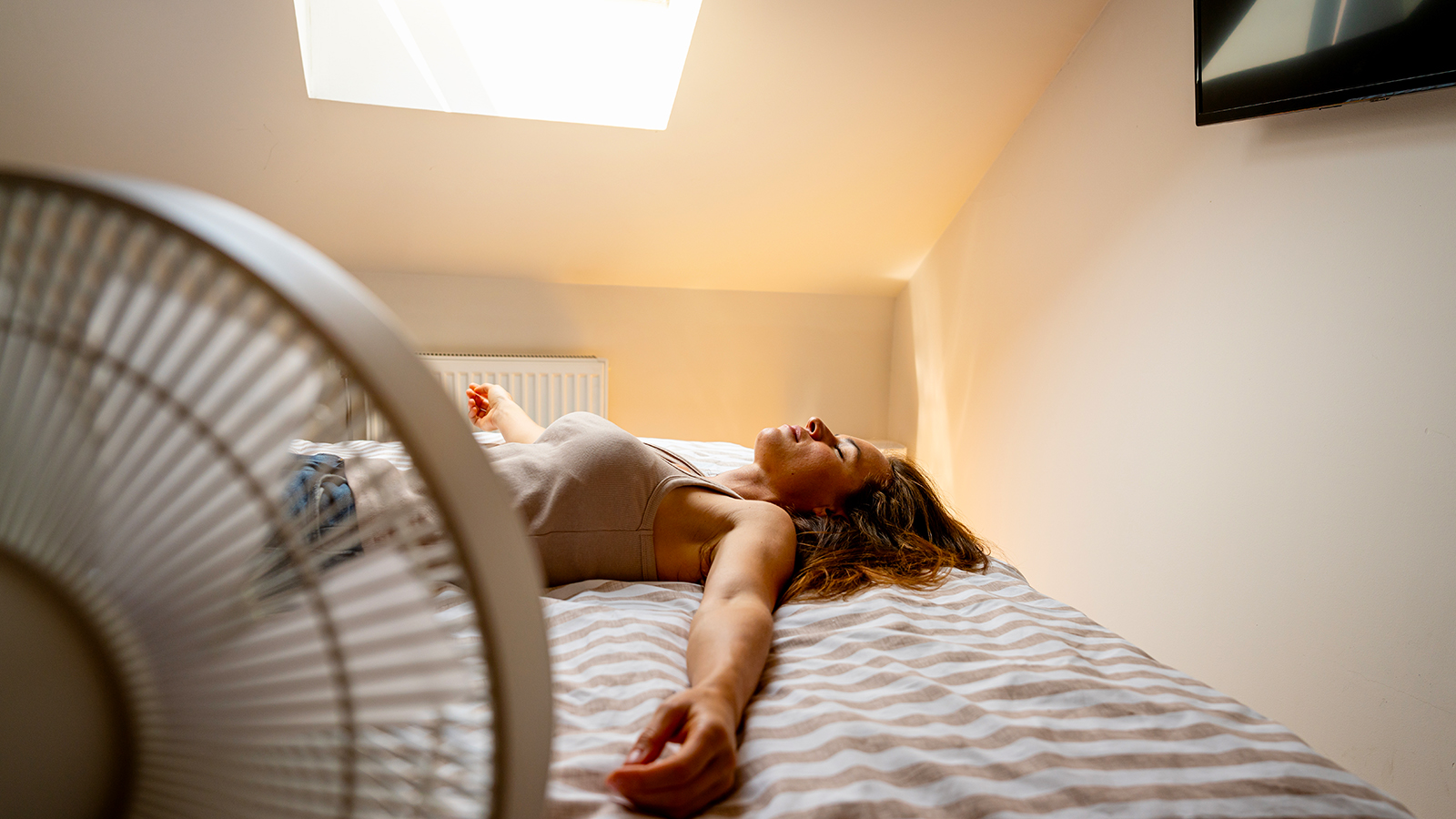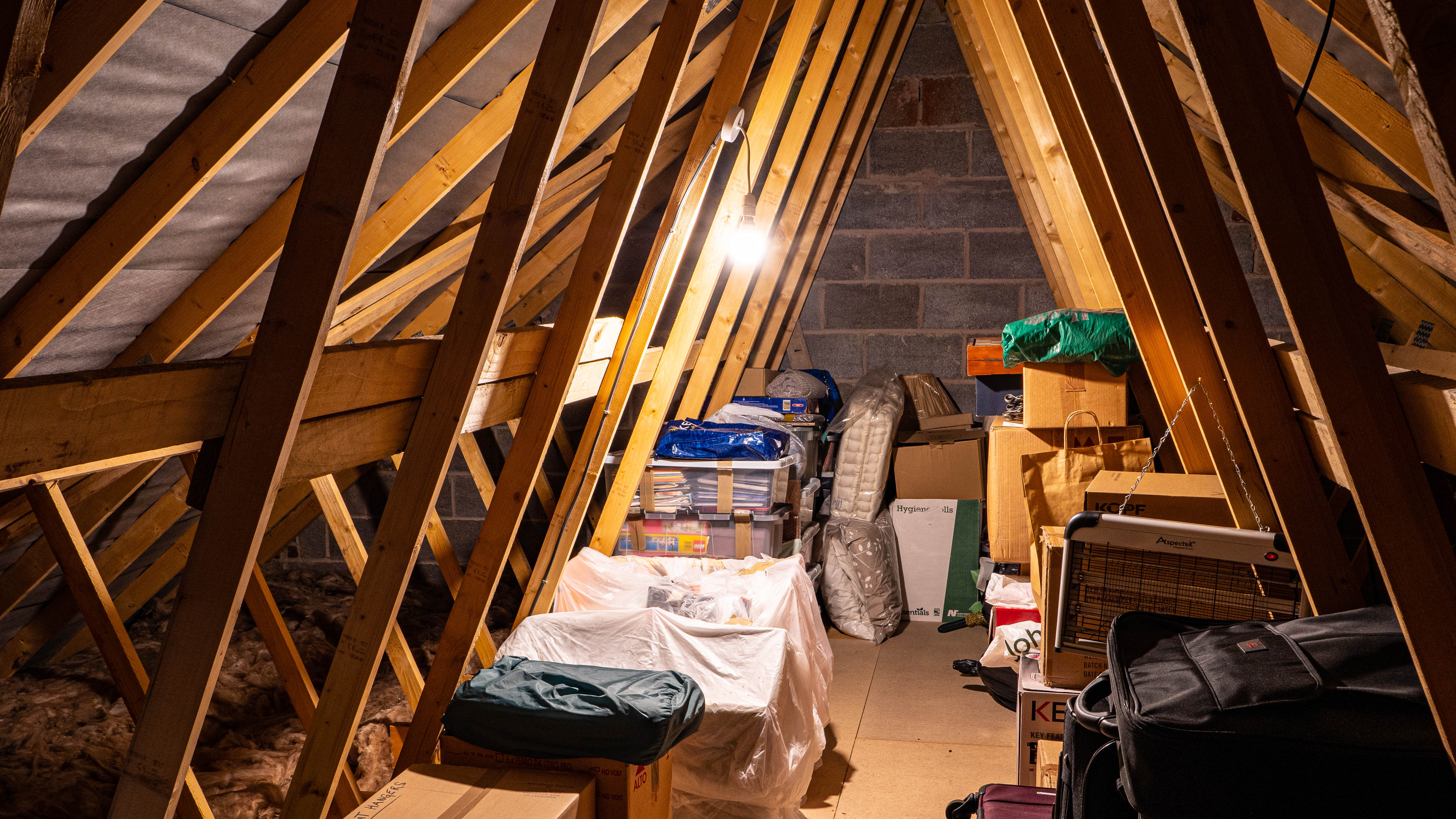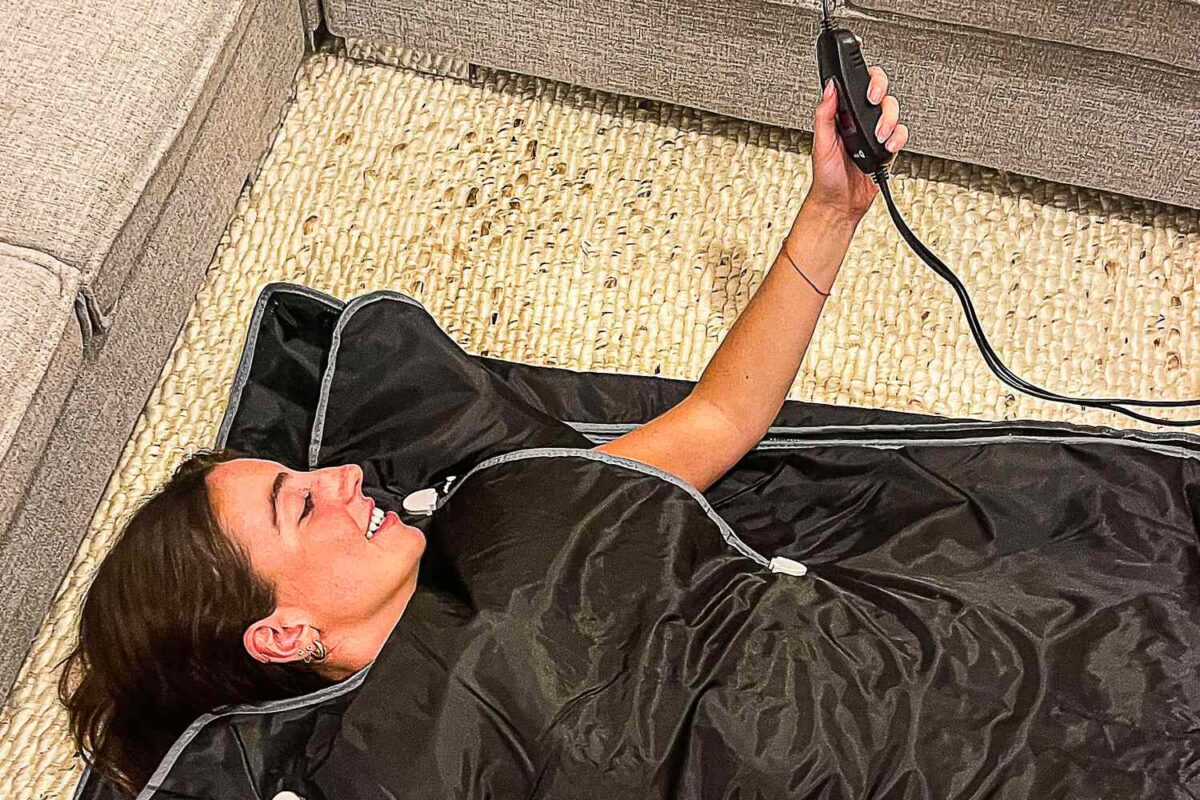Blog
How to stop your upstairs feeling like an oven: an expert shares the simple trick that will push cool air upwards

It’s unlikely to blow anyone’s mind when I tell you that heat rises. But you might think that having a naturally warmer upstairs is easily countered by an air conditioning unit.
Unfortunately, as we divulged in a recent story on why your upstairs is always hot, it’s often not that simple. And I would know, because my upstairs office has felt so warm that I’ve recently taken to working from the kitchen.
But according to Andy Simms, an expert from MyBuilder.com, the solution could be hiding in plain sight. It involves creating an upward flow of air in your home that allows the heat to dissipate elsewhere and circulates the cooler air in the lower levels of your house.
Don’t forget about your attic
If you do have a loft or attic, it’s easy to treat it as dead space that’s only used for storing old Christmas decorations or clothes that don’t quite fit the way they used to.
“Opening your loft hatch can help your home stay cool this summer”
Andy Simms, MyBuilder.com
But if you open up this space during a heatwave, you’ll give the hot air a way to escape from your bedroom or upstairs office, and this will create an upwards flow of the cooler air in the downstairs portion of your home. In turn, this improves air circulation, making your upstairs feel less stuffy.
“Opening your loft hatch can help your home stay cool this summer,” says Simms.
“Doing this simple job creates a natural upflow of heat, letting hot air travel up to the roof, meaning any cool air on the ground will also flow upwards and allow you to feel it like a breeze.”
This can also be improved by the addition of an attic fan, as it will allow you to create an upwards flow of air when it’s too warm inside, or block off air from leaving your roof when it’s too cool.
Insulation matters

Another key component of keeping your house cool is the quality of your insulation. You may associate insulation with keeping the warmth in, but it also performs another function, which is to prevent hot air from leaking in through the roof of your home.
“While this may be seen as a bigger investment, better insulation helps all year round to regulate your home’s temperature,” says Simms.
“It even helps with energy costs, as a well-insulated home will require less heating, and also less usage of fans, or AC units.”
This is echoed by Elizabeth Shavers, General Manager, HVAC & Plumbing at Oncourse Home Solutions. “An under-insulated attic is a common reason second floors stay so hot,” she states.
“Without proper insulation, there isn’t a strong enough buffer to keep the heat from the sun coming in through your roof.”












